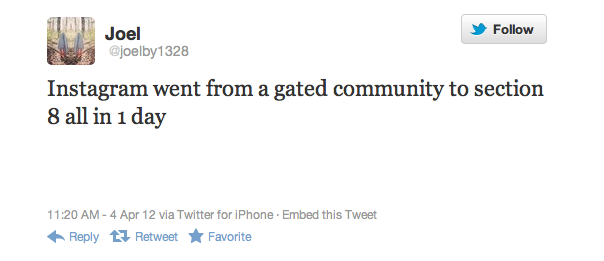
When the novel Fifty Shades of Grey was published, it sparked a wide range of slightly frothy responses, from the (shocking!) truth about its history as Twilight AU (Alternate Universe) fanfiction to the (even more shocking!) indication that many women like to read erotic fiction and that sometimes that erotica can get pretty kinky. Much of the press coverage that paid attention to the fandom aspect of the story focused on the copyright issues inherent in fanfiction and other transformative works, which is still up for some debate — and which, thanks to Fifty Shades, will likely continue to be debated into the foreseeable future.
To the extent that people seem willing to own that there might be something ethically amiss with the publication and subsequent success of Fifty Shades, the copyright issues seem, again, to be the primary focus. These rest not only with the fact that Fifty Shades began life as a work of freely available fanfiction and was then “pulled to publish” (removed and altered) — this is not an entirely uncommon phenomenon in publishing or in fandom, though opinions regarding its integrity as a practice vary somewhat in both spheres — but with the extent to which Fifty Shades appears to be different from its fandom incarnation. Which is to say, hardly at all, as the book blog Dear Author demonstrated.








